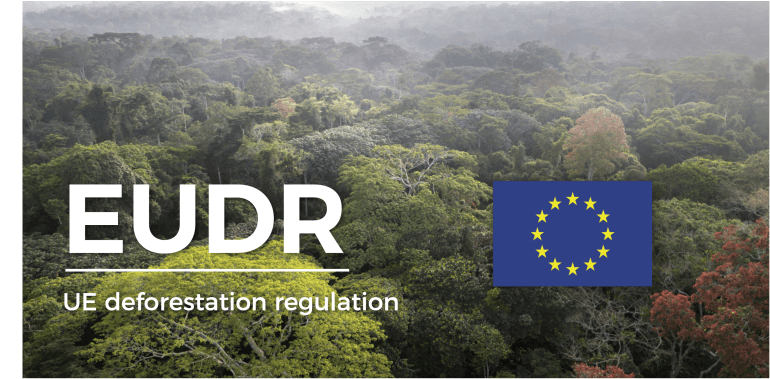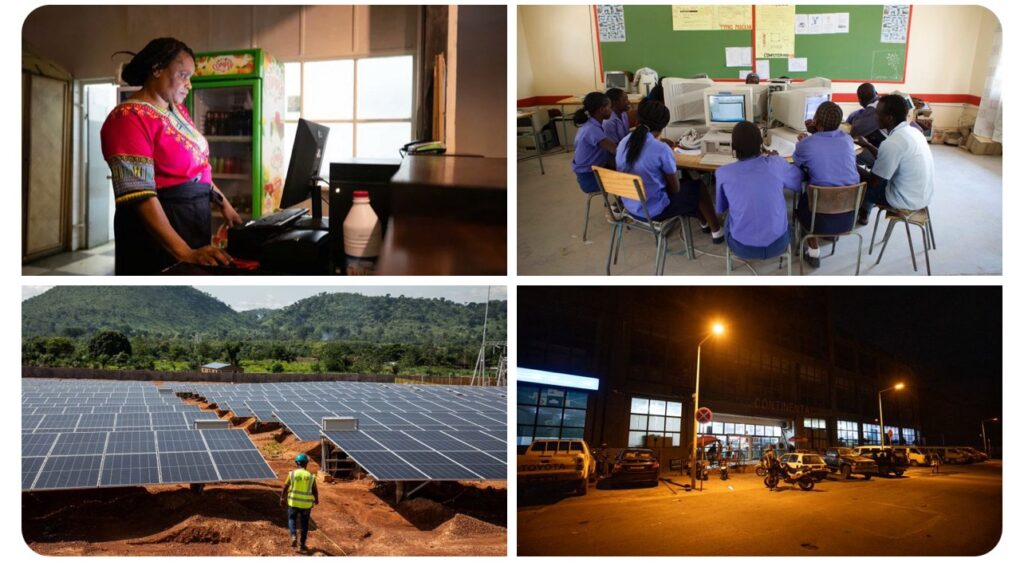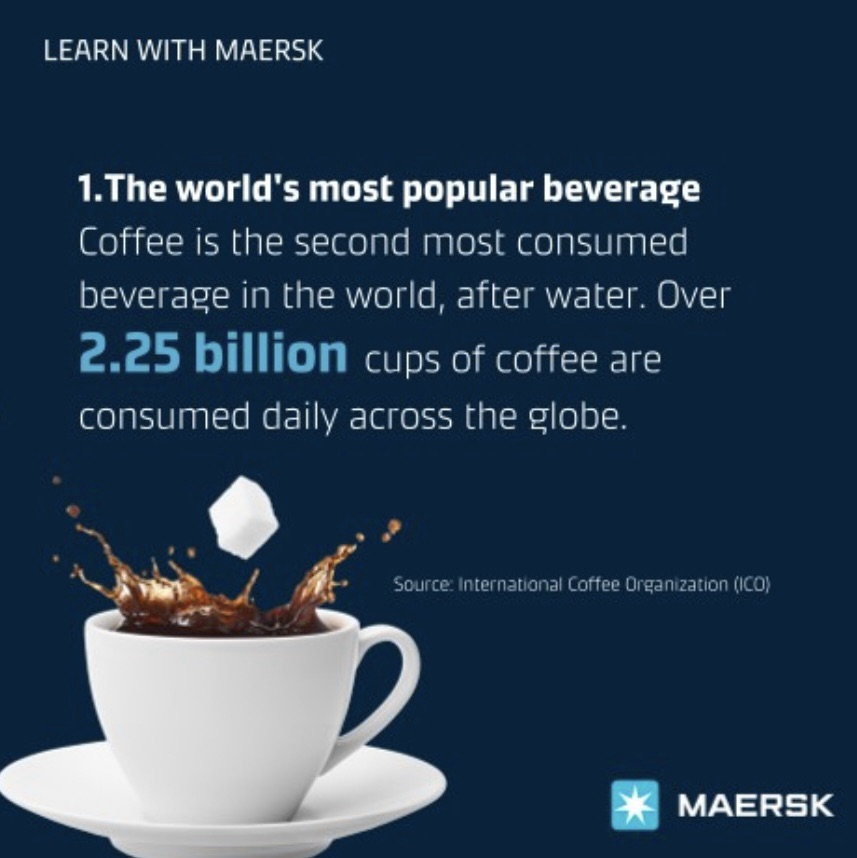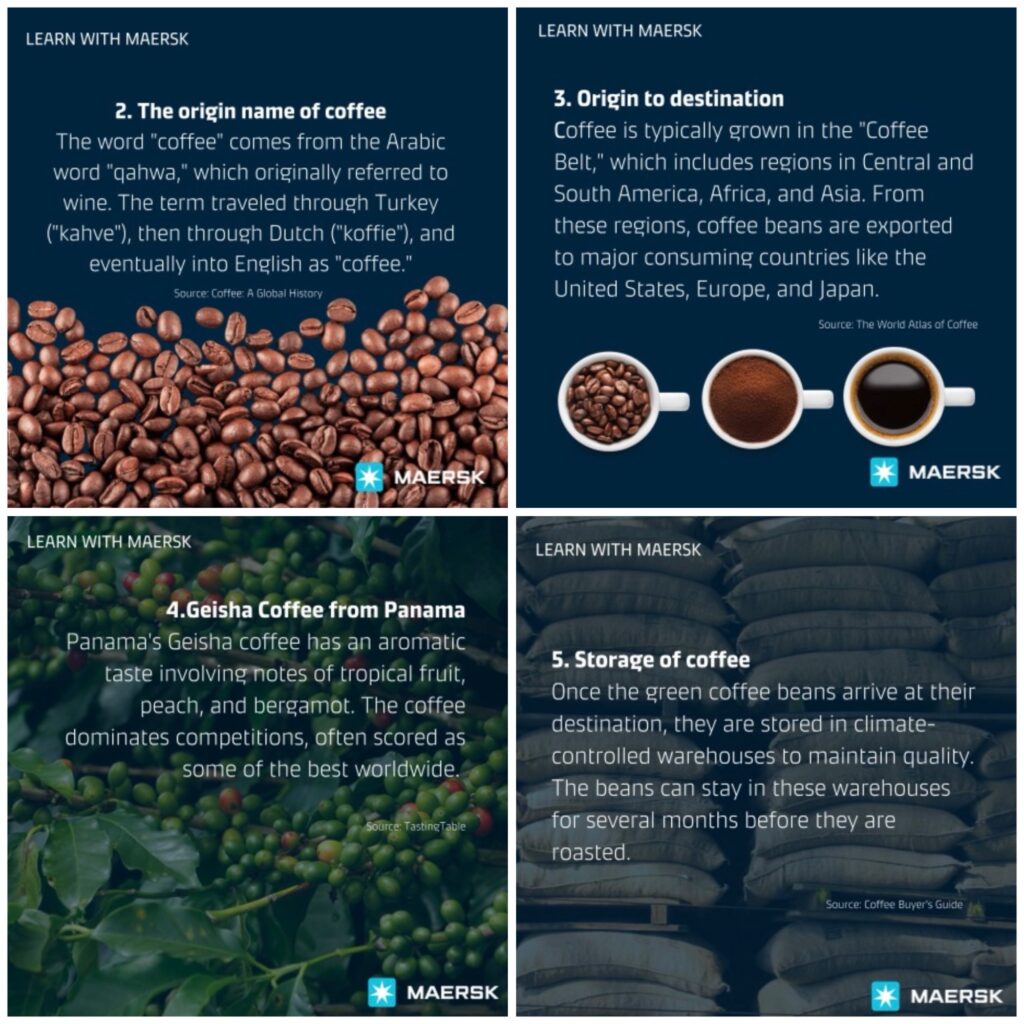In a wise decision by the European Commision that today published additional guidance documents & a stronger international cooperation framework to support global stakeholders, Member States and third countries in their preparations for the implementation of the EU Deforestation Regulation.

Given feedback received from international partners about their state of preparations, the Commission proposed to give concerned parties additional time to prepare.
If approved by the European Parliament and the Council, it would make the law applicable on 30 December 2025 for large companies and 30 June 2026 for micro- and small enterprises.
Since all the implementation tools are technically ready, the extra 12 months can serve as a phasing-in period to ensure proper and effective implementation.
If you want to know more about how to prepare for compliance & reportomg with thr new ESG regulation – contact us. We have the solutions.
Read more here: https://ec.europa.eu/commission/presscorner/detail/en/ip_24_5009
Africa’s workforce is set to become the world’s largest. Access to modern power can transform the region into an economic powerhouse.

Learn more about Mission 300 and how we’re #PoweringAfrica. wrld.bg/oOwM50Ts84N
Today, we are celebrating International Coffee Day! At Maersk, we’re proud to be part of the journey that brings one of Latin America’s most iconic exports — coffee — to the world and straight to your cup.

From the lush plantations of Colombia and Brazil to coffee lovers across the globe, our integrated logistics solutions ensure that every bean arrives fresh and ready to brew.

On this International Coffee Day, we celebrate all the ones involved in creating the perfect cup of coffee. Want to know more about logistics in Latin America?

Learn more now: http://spkl.io/6041fM8pV






You must be logged in to post a comment.